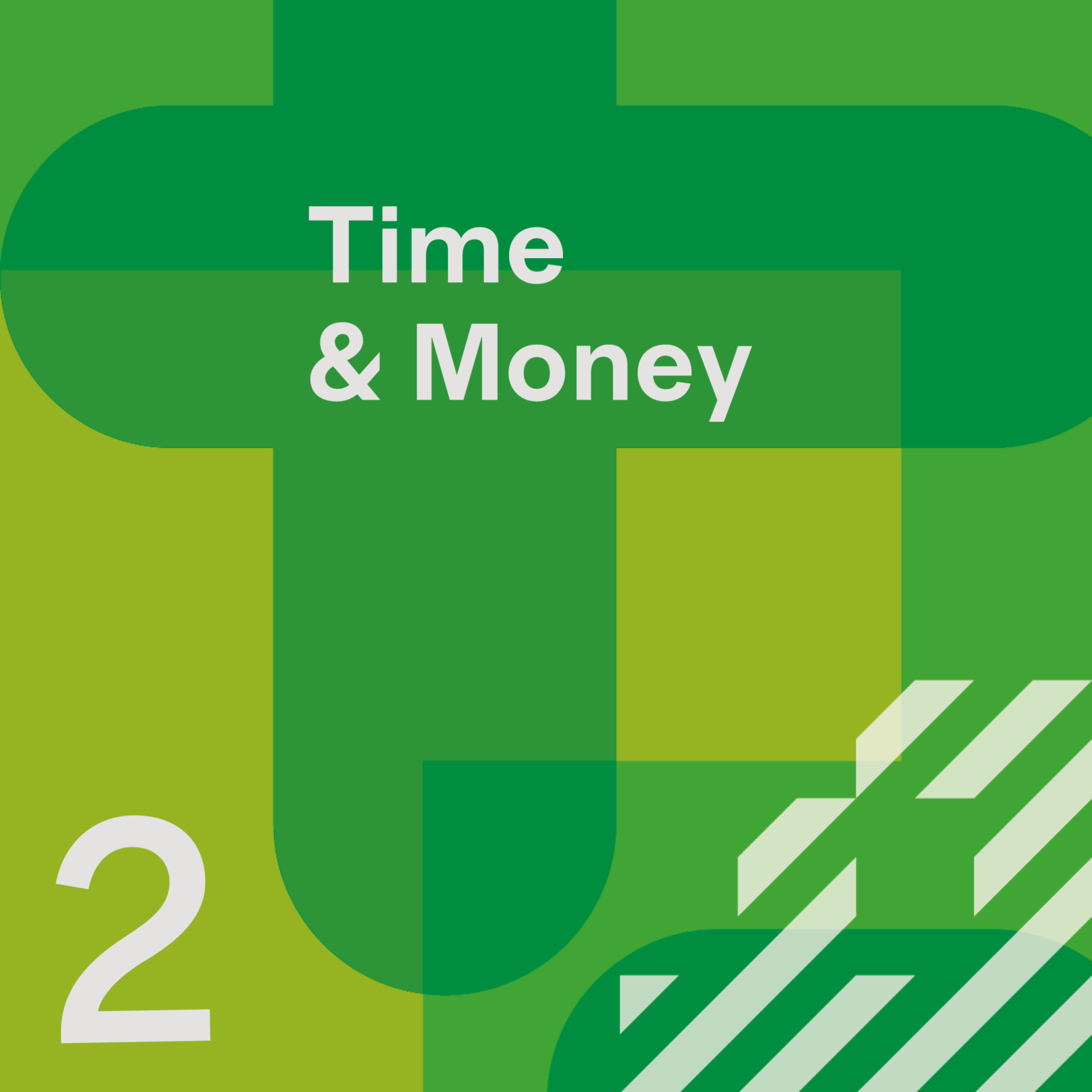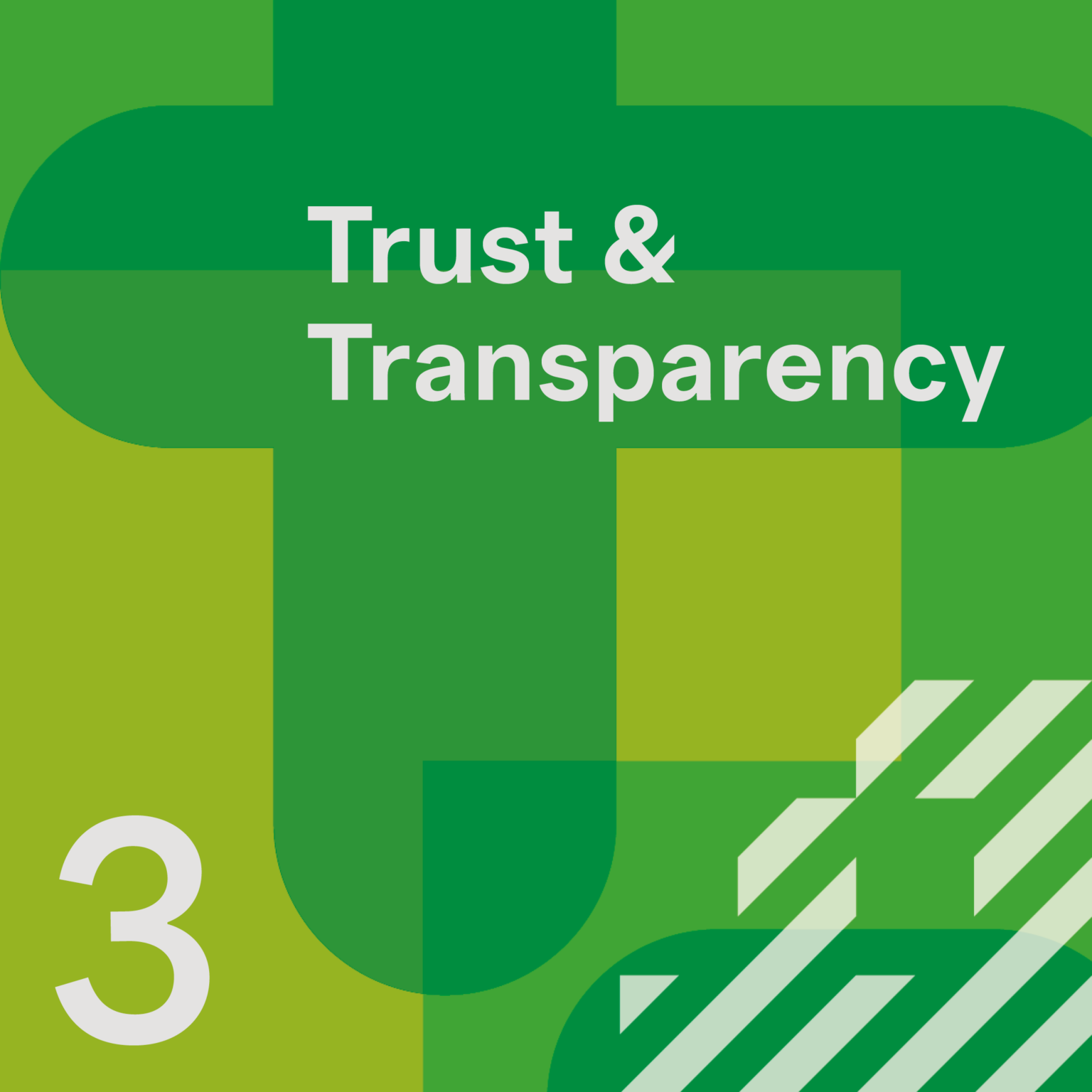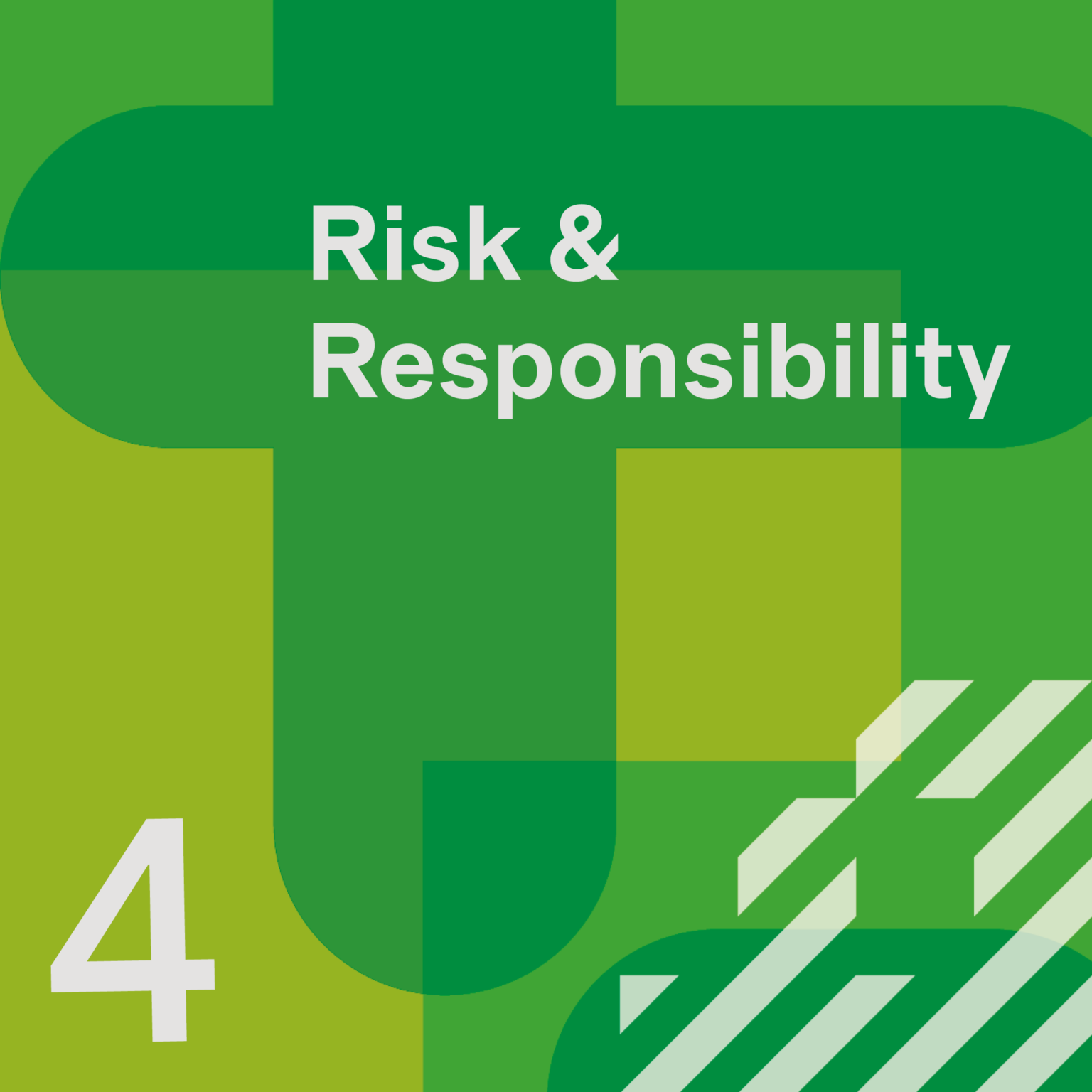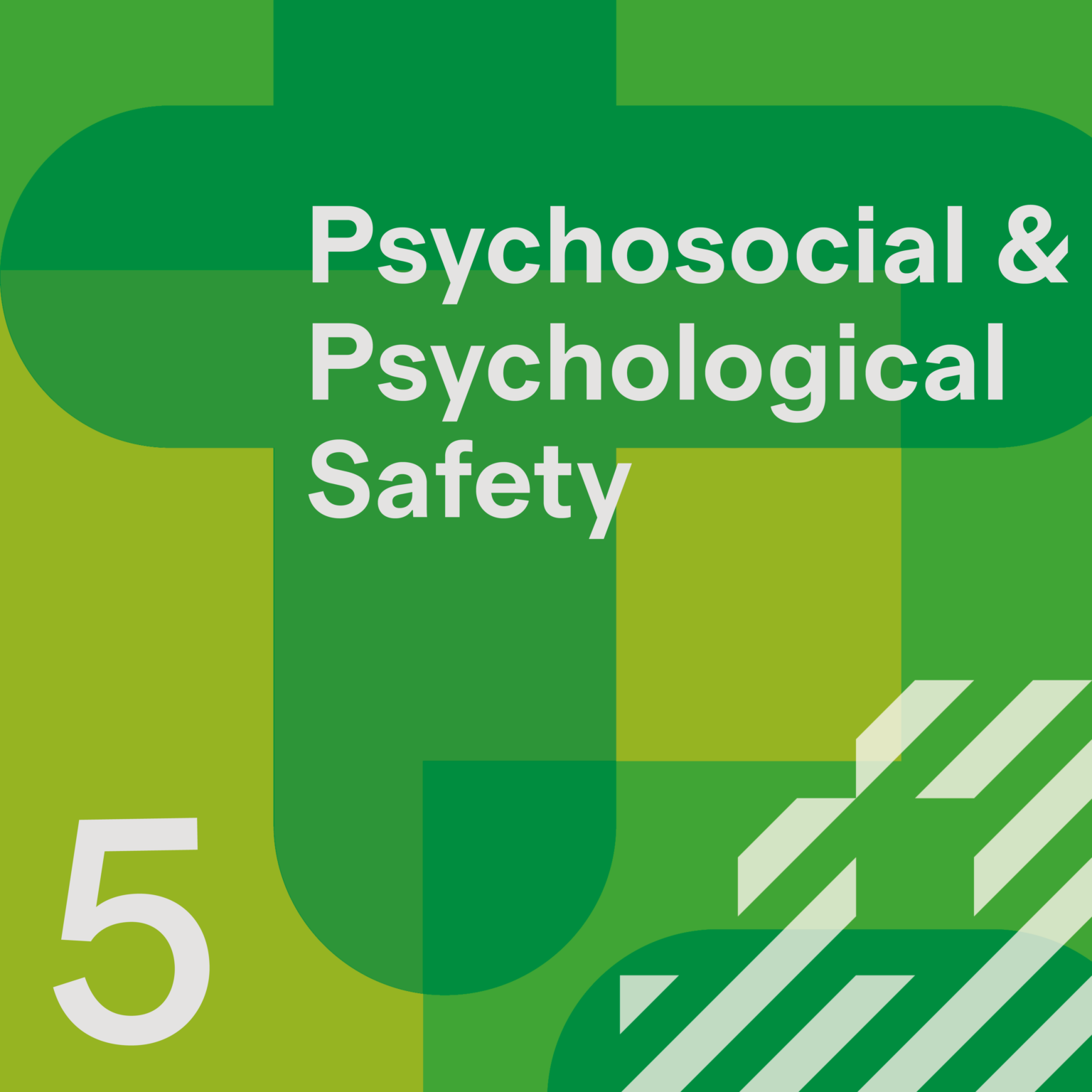Skilful business management – with appropriate fee setting, sufficient resourcing and reasonable timeline expectations – help create workplace cultures in which people thrive. The knock-on effects of poor business practice and low fees include long hours, unrealistic deadlines and (often unpaid) overtime. It also translates to low pay, which impacts employees’ motivation and wellbeing; and unprofitable businesses, with enormous financial risk and pressure on principals and managers.
This guide recognises the interconnection between good business practice, profitability and staff wellbeing. It outlines ways to improve general wellbeing in practice, with suggestions for employers on resource allocation, fee setting, time management, upskilling and support. It offers individuals ideas on how to improve their wellbeing in the workplace, with useful advice on communication, training and prioritising life balance. It also recommends how professional organisations can assist in addressing these issues.
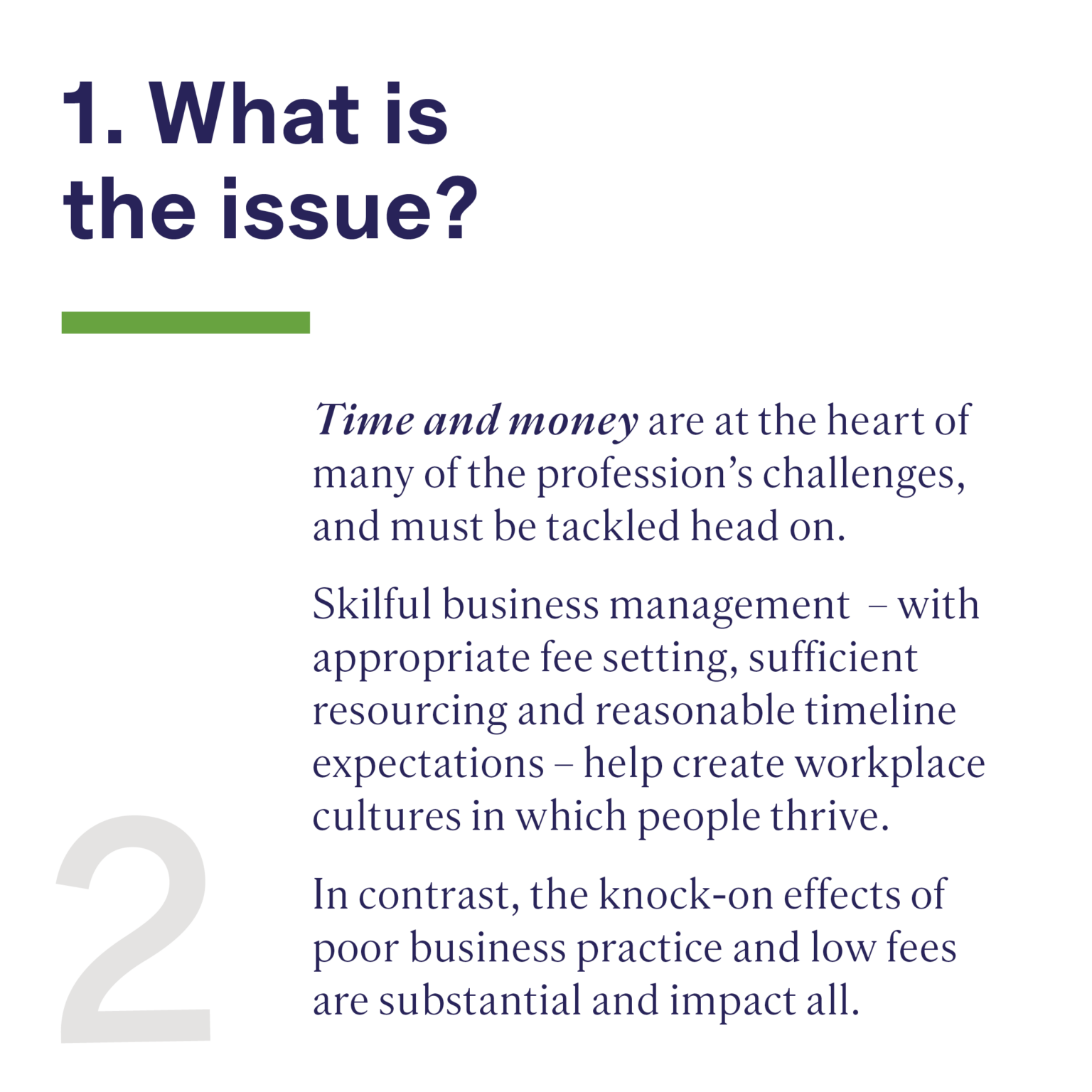
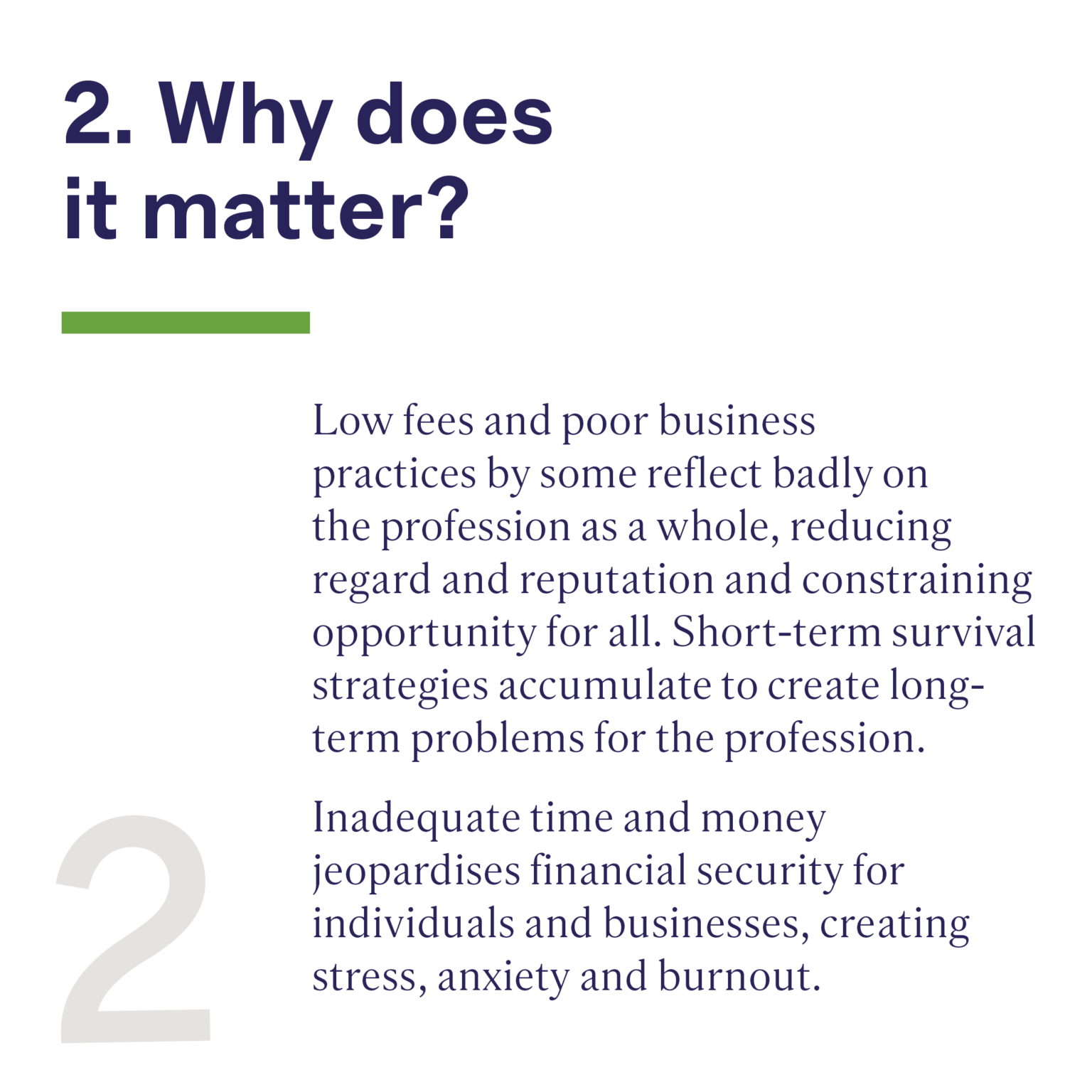
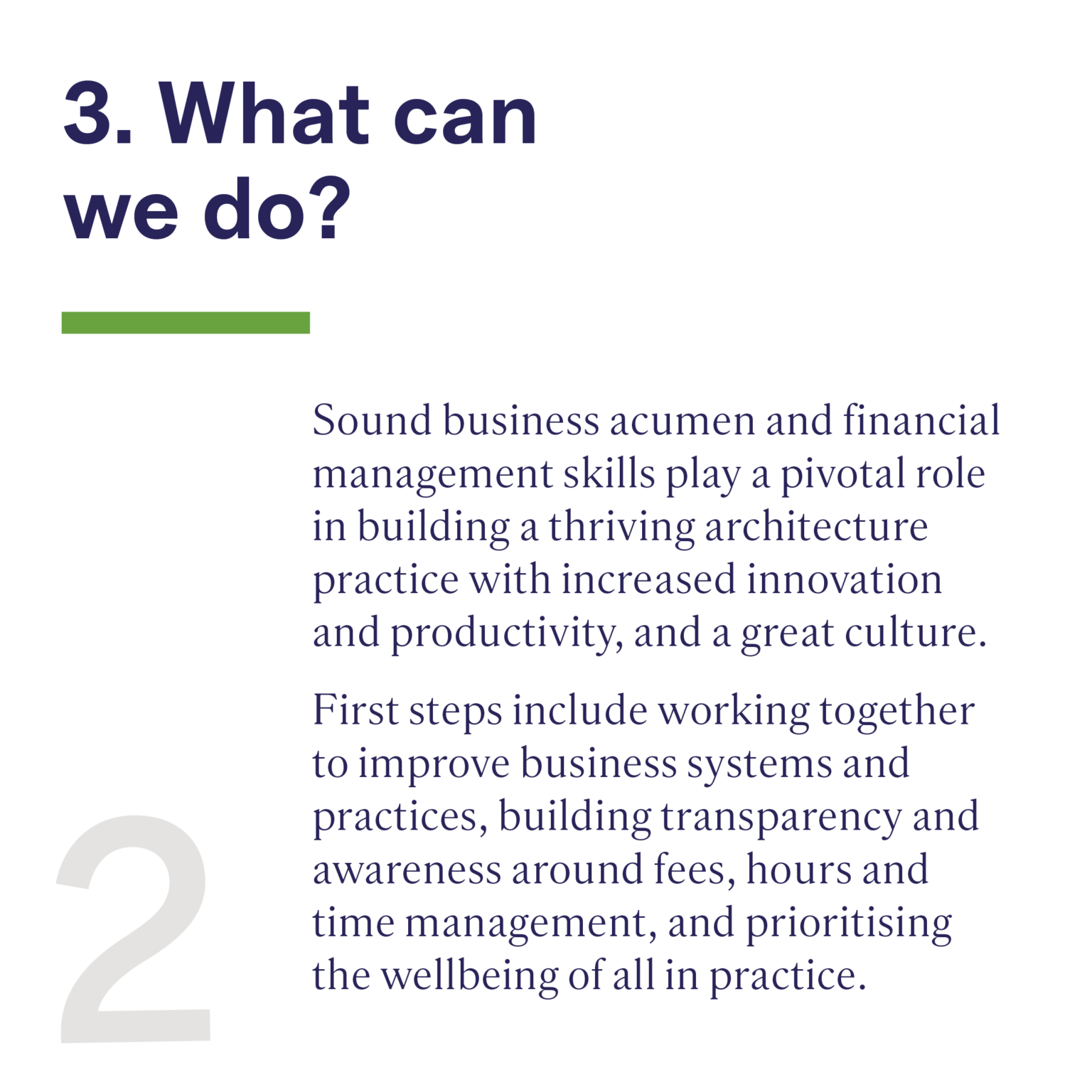
The Guides to Wellbeing in Architecture Practice are an outcome of the Wellbeing of Architects research project. They were published by Parlour in May 2024.
Primary authors for this guide are Susie Ashworth and Alison McFadyen. It was edited by Susie Ashworth and Justine Clark, with input from Naomi Stead, Kirsten Orr and Maryam Gusheh. The guide project was managed by Alison McFadyen, with additional writing and research by Byron Kinnaird, Naomi Stead, Liz Battiston and Vicki Leibowitz. Full credits are available in the Guide acknowledgements.
Read the full set of guides
DISCLAIMER These guides provide overviews only, with prompts for thought and ideas for consideration. They are not a substitute for professional or legal advice.
Individuals and practices should seek advice regarding policy on wellbeing, employment and human resources, as well as advice about particular situations, from their legal, HR or other business adviser. Like the other guides in this series, this does not offer medical opinion, diagnosis or advice – individuals should consult their health professional as appropriate.








